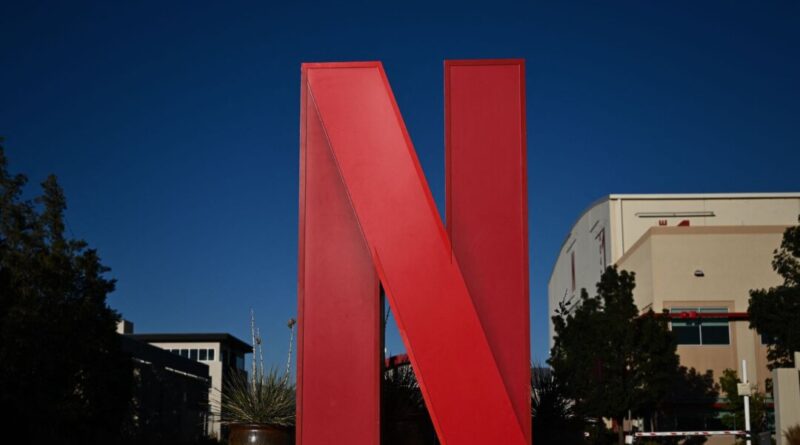Netflix and Disney Petition Court to Prevent Mandatory Subsidization of Canadian Broadcast Content
Netflix, Disney, and other streaming services are challenging a rule that mandates them to allocate 5 percent of their Canadian revenues to support various made-in-Canada content, including local news and content for diverse groups.
The Motion Picture Association-Canada (MPA-Canada), representing Netflix, Disney, Sony, Paramount, Universal, Warner Bros. Discovery (HBO) in Canada, announced on July 4 that they have filed two petitions with Canada’s Federal Court of Appeals to contest the regulation, which they claim is discriminatory.
One petition seeks permission to appeal against the regulation set by the Canadian Radio-television and Telecommunications Commission, a regulatory tribunal overseeing the Canadian communications sector in the public’s interest.
The second petition requests a judicial review of the rule to examine the process and legality of the decision.
Wendy Noss, president of MPA-Canada, criticized the CRTC’s decision, stating, “The CRTC’s decision to require global entertainment streaming services to pay for local news is a discriminatory measure that goes far beyond what Parliament intended.”
The group highlighted that global studios and streaming services invest significantly in Canadian content production, surpassing major Canadian content creators.
The CRTC, mandated by recent legislation to modernize the Canadian broadcasting system, stated that the requirements imposed on online streaming services aim to support specific content areas and will be effective by Sept. 1, 2024.
The rule necessitates online streaming services with over $25 million in annual revenues, unaffiliated with a Canadian broadcaster, to contribute 5 percent of their revenues to funds supporting various content areas.
These contributions will support urgent needs like local news, French-language, Indigenous, and equity-deserving group content creation, among others.
Canadian local news production will receive 1.5 percent of the contribution, with the remaining amount allocated to other identified areas.
Online streaming services were required to provide feedback on the proposed rule by June 14, scheduled to be implemented for the 2024-2025 broadcasting year starting on Sept. 1.





